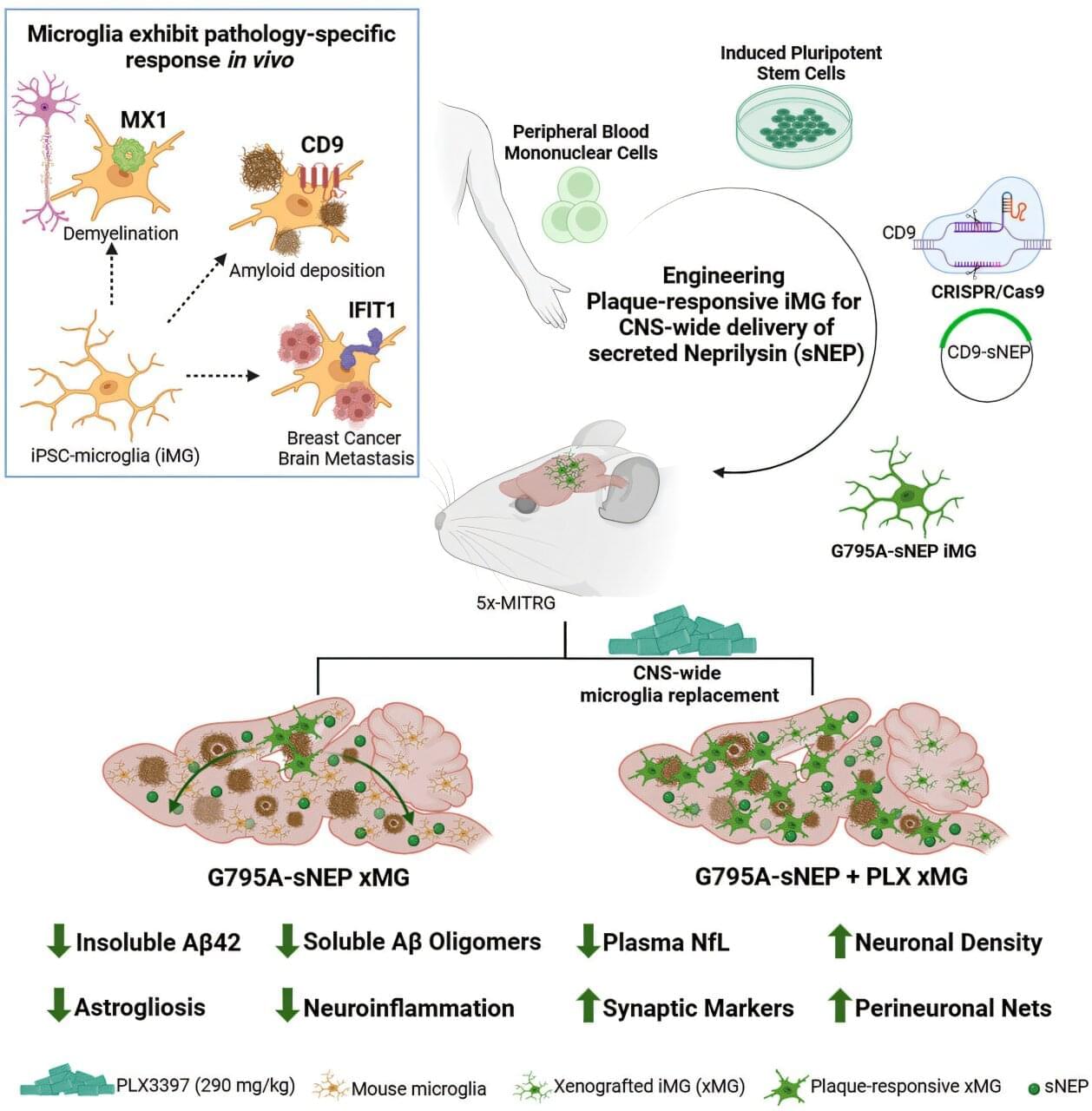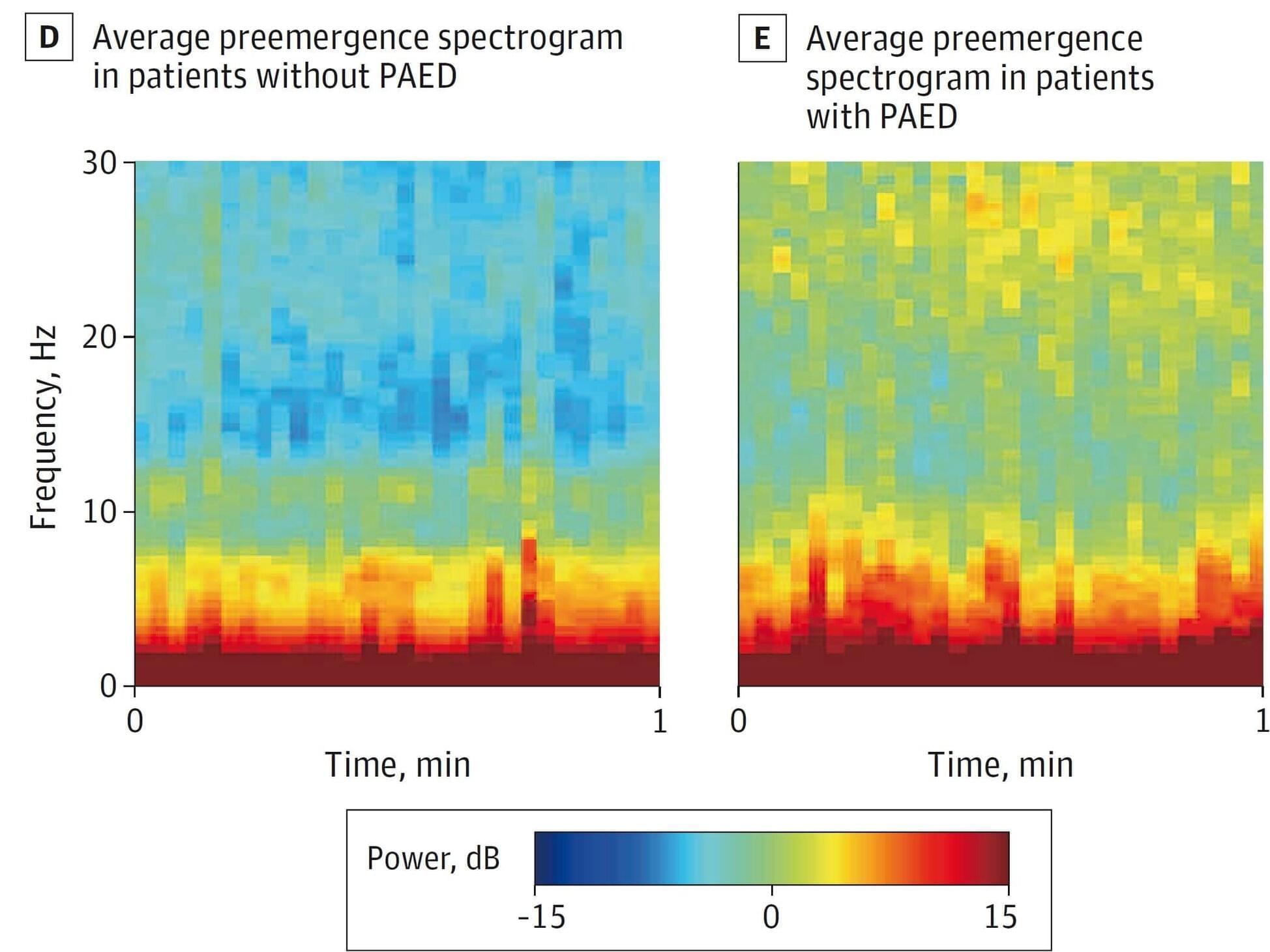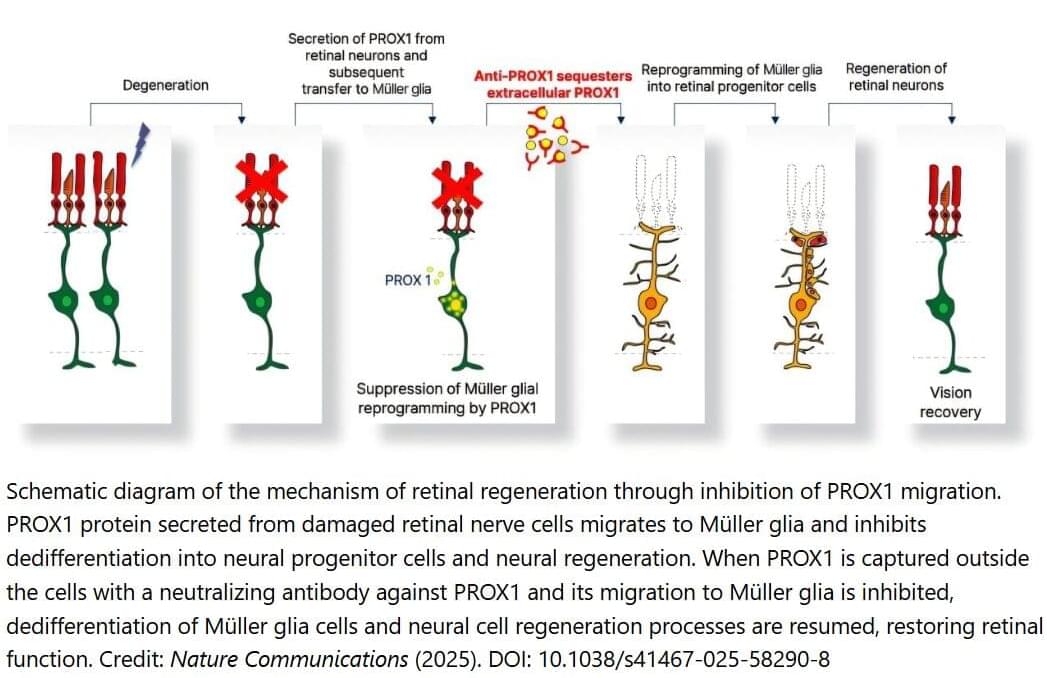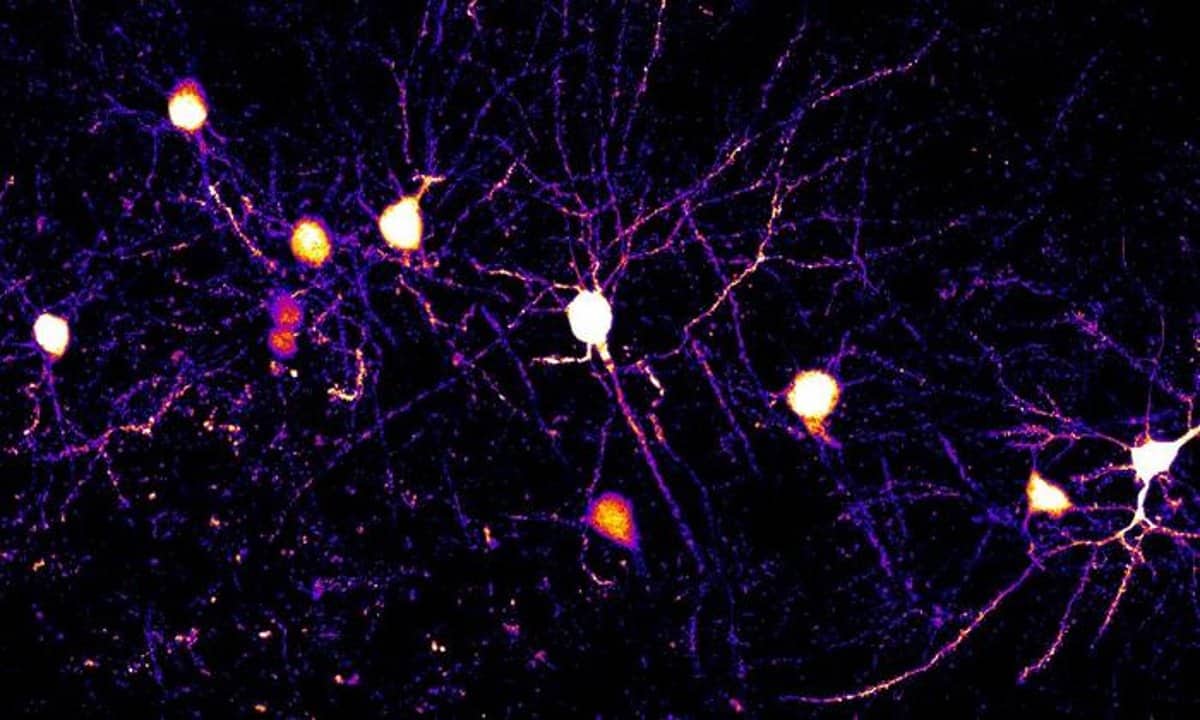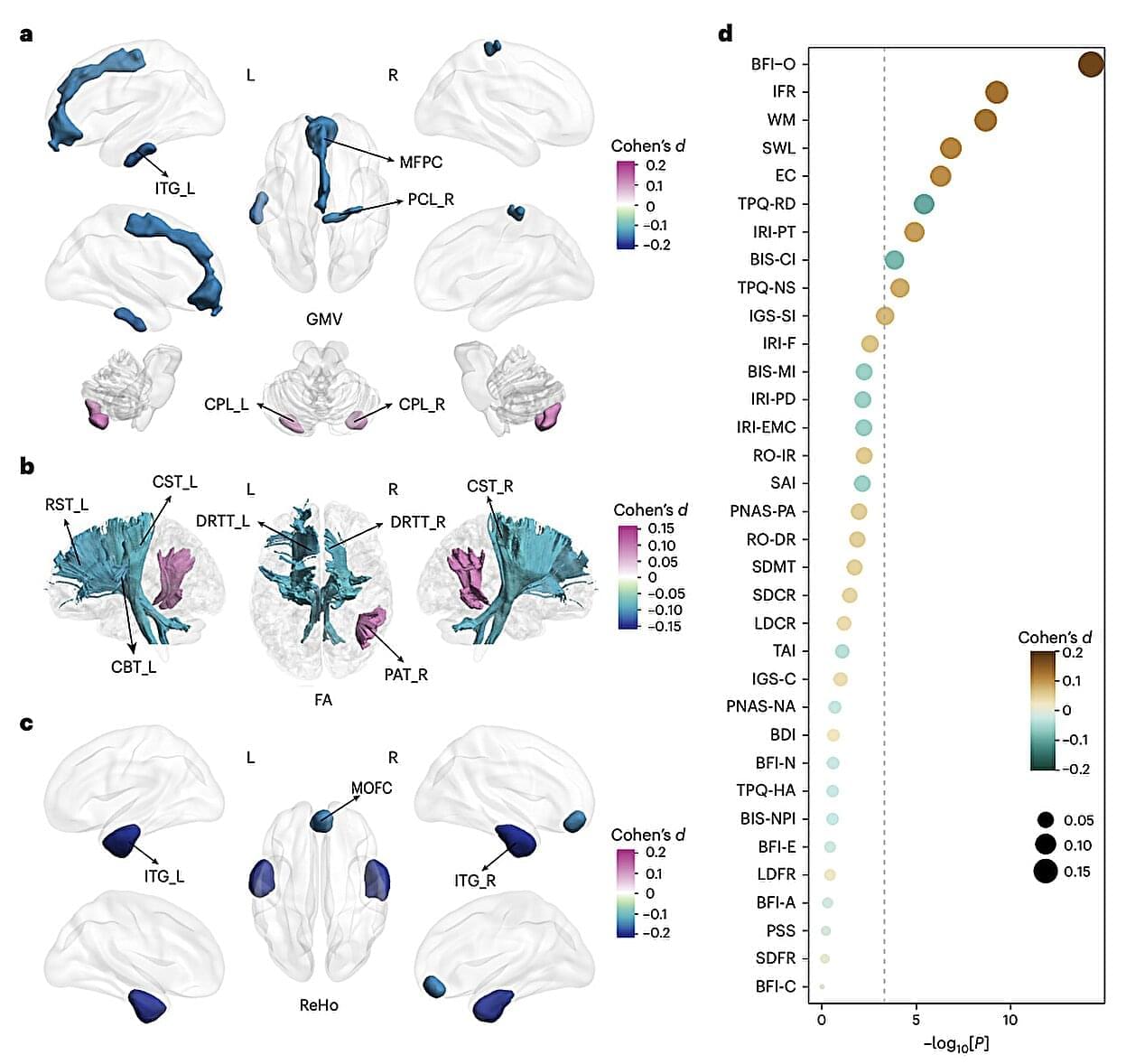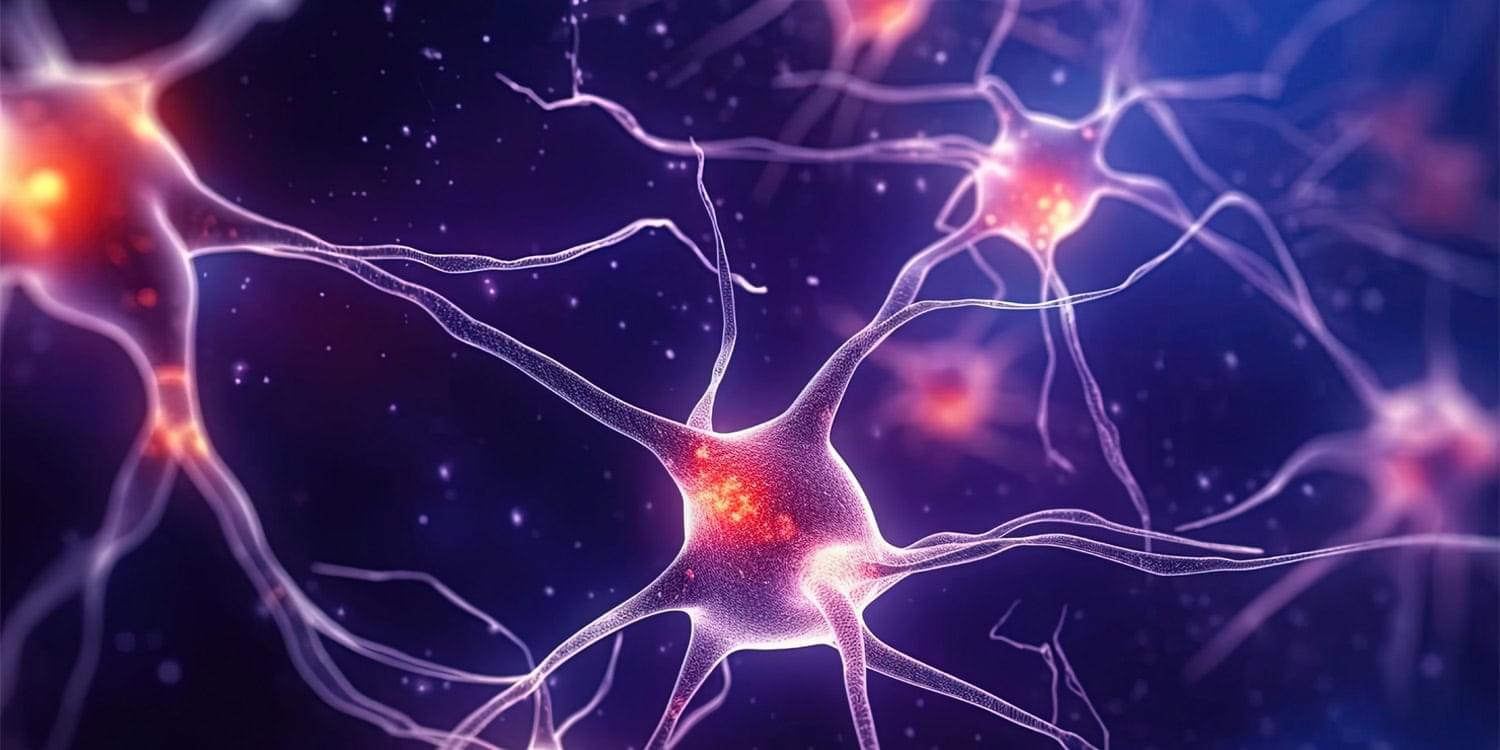There are several physiological reasons why biological organisms sleep. One key one concerns brain metabolism. In our article we discuss the role of metabolism in myelin, based on the recent discovery that myelin contains mitochondrial components that enable the production of adenosine triphosphate (ATP) via oxidative phosphorylation (OXPHOS). These mitochondrial components in myelin probably originate from vesiculation of the mitochondrial membranes in form from mitochondrial derived vesicles (MDVs). We hypothesize that myelin acts as a proton capacitor, accumulating energy in the form of protons during sleep and converting it to ATP via OXPHOS during wakefulness. Empirical evidence supporting our hypothesis is discussed, including data on myelin metabolic activity, MDVs, and allometric scaling between white matter volume and sleep duration in mammals.

